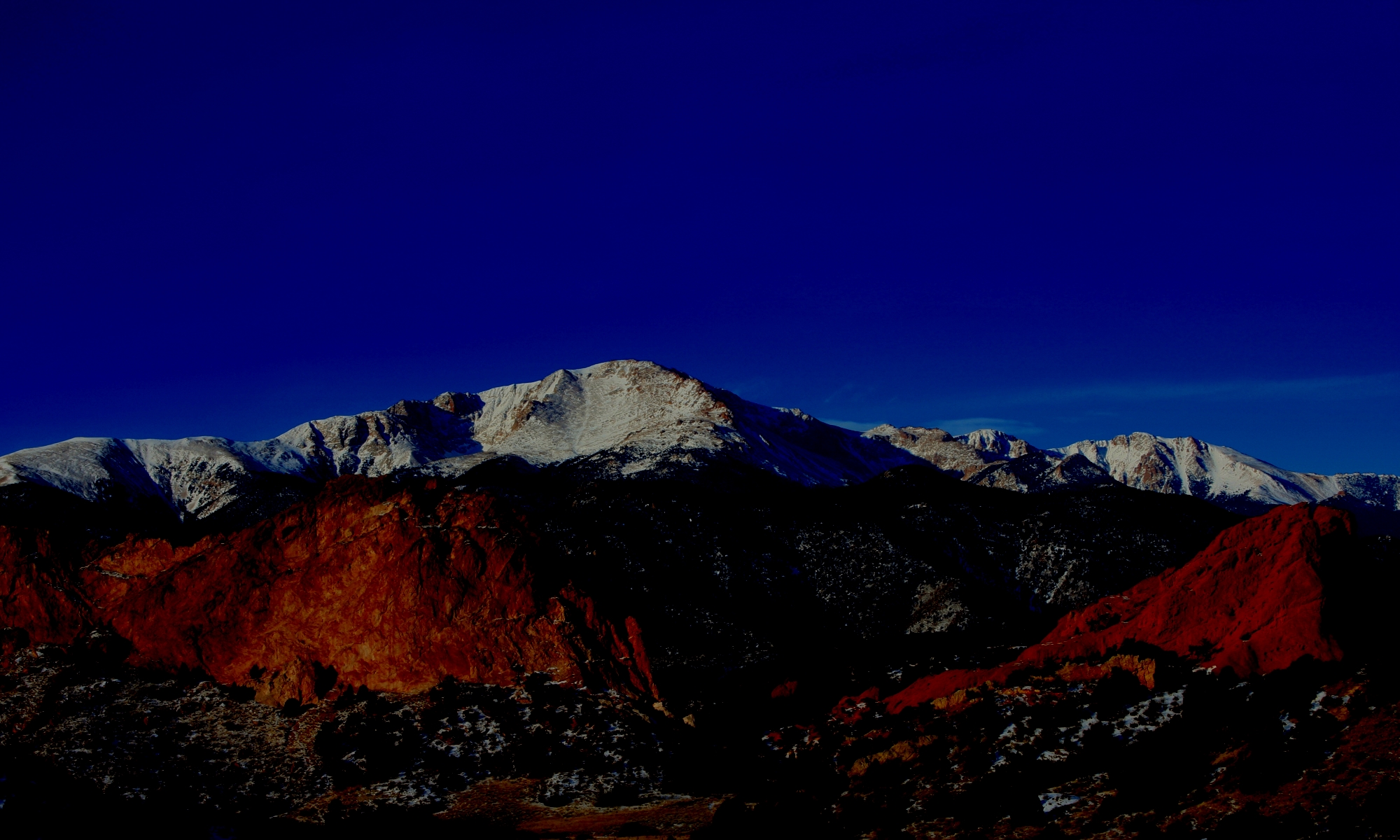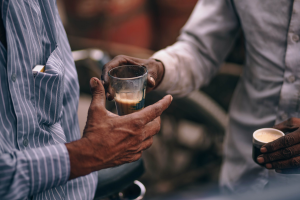
What precise imperfection
Can we devise
To guide society’s division
And propagate lies ?

Poetry is Good for America

What precise imperfection
Can we devise
To guide society’s division
And propagate lies ?

Without even realizing it was happening, here I am, a contributor. One should really be careful what you say to James Burns, it usually results in action. I am not of a deep intellectual bent. I am simple and pragmatic. My perceptions are shaped by seeking others and trying to connect to their experience. Empathy. It’s a powerful driving force. It makes change in the world.
So in keeping with the others, my poetic introduction.
Anger of my father
Fears of my mother
Smoke and grime
Of the blue collar city
Prejudice and arrogance
Of proud mountains
Irish blarney
German practicality
Child of poverty
Companion of shame
Woman who grudgingly
Bears their name
Third generation
First with education
Genetically primed
For addiction
Forged in the crucible
Of my parents contempt
Reaping the fruits
They would resent
Washing away
Their history
In faith
Writing
My own story

Speak to kin and speak to stranger
Words can hurt and words can anger
Speak with care and speak with truth
Words can heal and words can soothe
In any deep dispute or grudge, in any division in a community or country, there are people who try to heal and those who work to cut us apart from each other. You can tell who is who by how they characterize the people you disagree with or have some doubt about.
The healers and peace-makers try to overlook differences and minimize them, to bring people into the tent, to break bread with them, to work with them towards common goals. They will speak of our shared family, our country, our community, and be welcoming. They compromise and dicker and negotiate and try to promote the similarity of people.
The people who benfit from divisiveness will emphasize our differences, will breed distrust and sow fear. The will characterize people they have a dispute with as ‘other’ — foreign, strange, dangerous, and do their best to make you think of them as less than human. They will attach labels to people, and propagandize against them. They will use your base instincts to make you fear other people and will insist you not associate with ‘them.’
I have an essential faith in the goodness of people. That doesn’t mean I don’t lock my front door, or not look first before I cross the street. It does mean that if I have a problem with a person, or a group of people, that I will seek an accomodation, a compromise, a meeting of minds. I’ll go have lunch with them, or visit their home. I will try to ‘destroy my enemy’ in the most effective fashion — by making them my friend.
This may not always work, but trying to understand why people disagree with you can only serve to increase your knowledge of yourself and them, and benefit you even if you can’t completely agree. Decent people exist in all groups. You should cultivate their acquaintence.

There was a young man from a farm,
Who saw the whole world filled with harm.
While people can be great, in groups they learn hate,
And resort to violence- Oh Darn!

I am a man without a tribe. Despite an intense desire to serve, I was medically disqualified from joining the armed forces. I instead worked as an computer software contractor, deploying to Afghanistan and Iraq with US military units. This put me in a kind of limbo, not quite a service member, but not quite a typical civilian to whom our wars are a distant abstraction.
Since I am sharing prose on a poetry site, you can also see that I am not a poet. I have, however, been graciously invited to occasionally post here. I will begin by sharing some of the lasting impressions that I have from my time supporting our warfighters.
My experiences have made it clear to me how dangerous the world can be and how brutal people can be to each other. Some might say that this has made me paranoid, but I honestly believe the paranoid tendencies were already in my character and I perhaps sought out experiences that reinforced it.
I also carry with me an appreciation of how fragile societies are. Shortly before Yugoslavia violently disintegrated, my father traveled through Sarajevo and told me what a beautiful city it was. A few years later, its name became synonymous with a genocidal siege.
In the 1960’s and 1970’s, Kabul was a city moving into the modern world. After decades of war, it was the scene of public executions of women accused of adultery and is now regularly shaken by suicide bombings.
While the regime of Saddam Hussein was reprehensible for its brutality and oppression, Iraq was once one of the most-educated countries in the Middle East, had a growing base of modern infrastructure and industry, and at least some Iraqis had opportunities for a recognizably middle-class lifestyle. Now it has been torn apart by wars with its neighbors, with a superpower, and with itself for over four decades. The last and most important of those wars remains unresolved today and has become intertwined with similar chaos in neighboring Syria.
Just as striking as the fragility was the resilience and adaptability. In the first full year of the war in Afghanistan, merchants negotiated prices on rugs and lapis lazuli jewelry in broken English with American soldiers (and a few camp followers like myself). A little more than a decade earlier, those same merchants and their predecessors negotiated with Soviet soldiers in broken Russian.
In both countries, life went on as best it could amidst the chaos of war. Young couples married. Babies were born. Children played with their friends and went to school, if they could. People worked on farms, in factories, in offices, and in shops and marketplaces. One spouse would call another to ask them to pick up some milk on their way home from work. Some of them would never make it home, killed by a suicide bomber or kidnapped and tortured to death by sectarian terrorists. People got sick, as they always do, while many others were injured in violent attacks by one side or another and doctors and nurses treated them as effectively as they could in the circumstances. People died, as they also always do, some from war, some from illness, some simply from old age, and those fortunate enough to be loved were mourned.
What I witnessed and experienced during my time at war is fundamentally a matter of people. I am a speaker to machines and don’t really understand people, never have, and likely never will, so I can’t claim to have the answer. However, I do think that part of the answer, not just for “those people over there” but just as importantly for We the People over here, is to focus more on the things that we have in common than on the things that divide us.